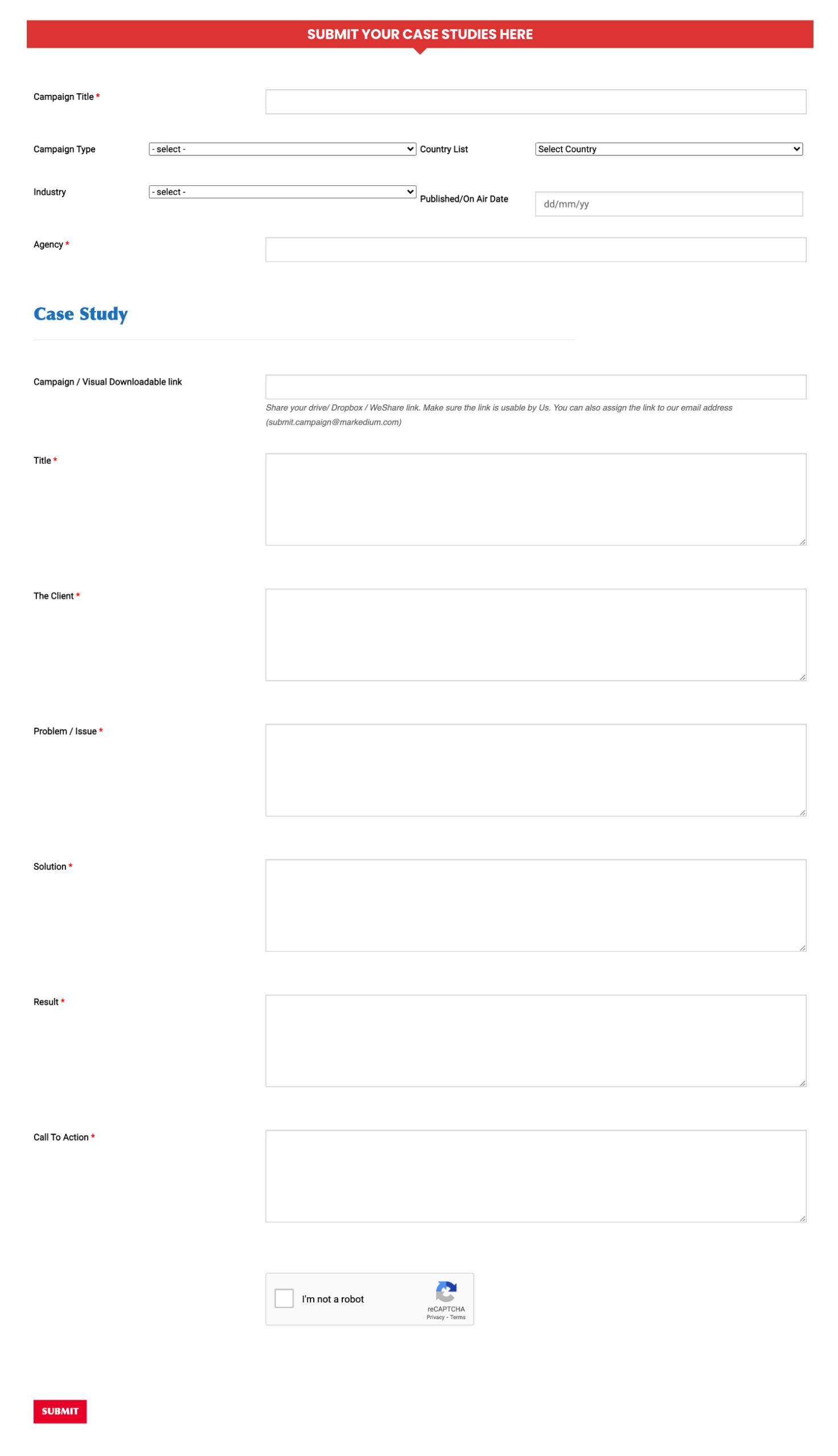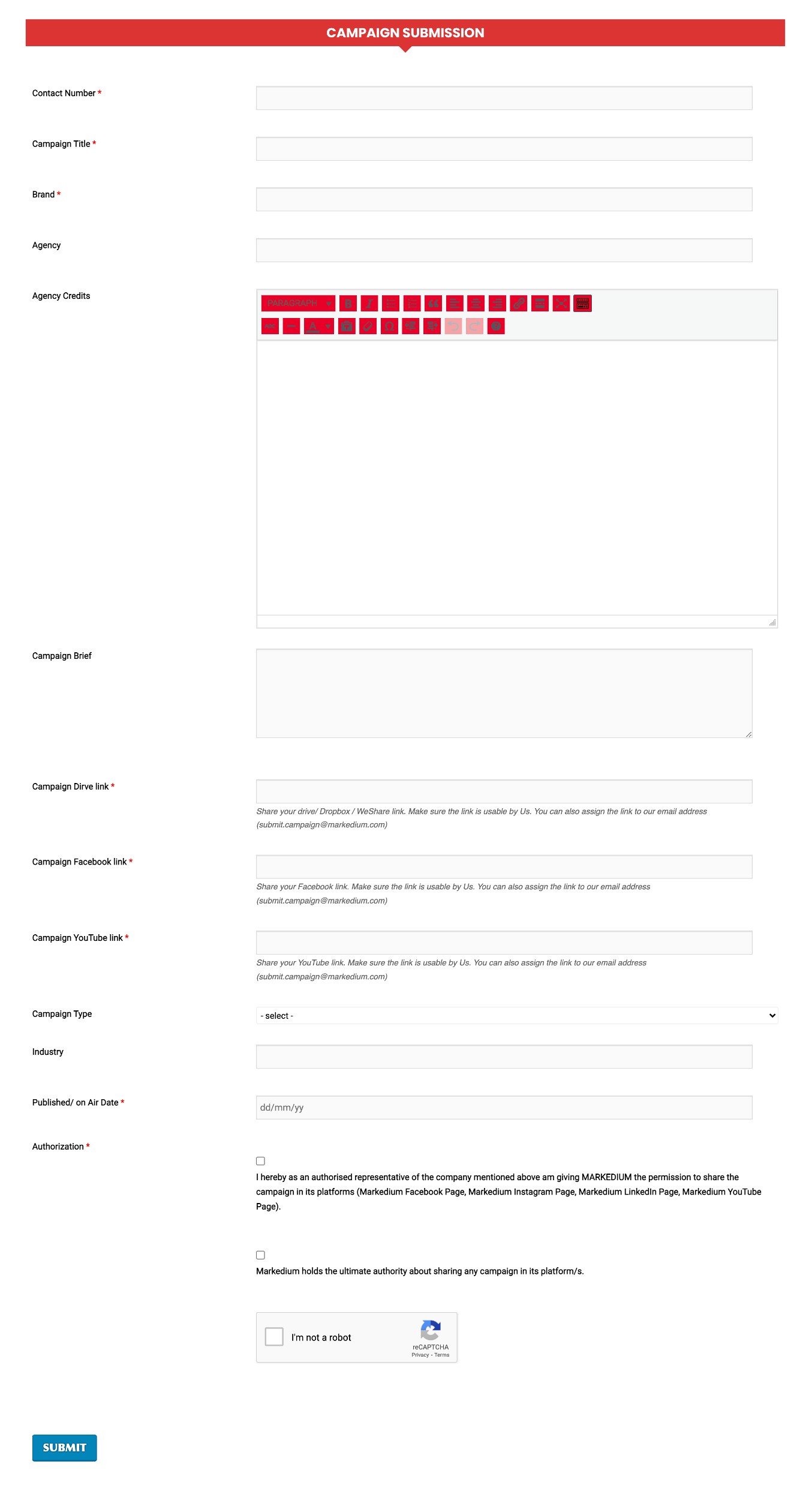
ShopUp Reports Losses Amounting to Tk 1,277 Crore3 min read
ShopUp, a leading B2B commerce and smart courier startup, has reported accumulated losses surpassing Tk1,277 crore as of June 2023. This substantial financial strain comes as the company endeavors to build an extensive nationwide supply chain network serving over 30 million people. According to its latest audited financial statements, the company has utilized 63% of its share capital to fuel this ambitious growth.
ShopUp Pte Ltd, the Singapore-based parent company of Bangladeshi B2B commerce platform Mokam, smart courier service Redx, and the recently launched FinTech Onkur, announced a 55% increase in consolidated revenue, reaching $129 million for the fiscal year 2022-23. The impressive revenue growth was driven primarily by the wholesale supply of essential commodities and branded fast-moving consumer goods (FMCGs) to retail shops across Bangladesh. This expansion has allowed ShopUp to cater to over 30 million consumers, with plans for further growth and profitability in the 2024-25 fiscal year.
Despite the revenue growth, ShopUp faced significant financial challenges. The company reported a gross profit of 1.3% in the 2022-23 fiscal year, a notable improvement compared to previous years marked by subsidized sales growth. However, high administrative, selling, distribution, and financial expenses, along with taxes, resulted in a net annual loss exceeding $49 million. This represents a 23% increase year-on-year, bringing the accumulated losses to $118 million, up from $69.13 million the previous year. Over the past five years, the total losses have amounted to more than Tk1,277 crore, based on the exchange rate as of June 30, 2023.
Supported by prominent venture capital (VC) investors such as Sequoia, Surge, Valar Ventures, Tiger Global, and Flourish, ShopUp has raised a total share capital of $187.62 million, making it one of the most significant recipients of VC funds in Bangladesh. “The accumulated loss reflects the entire period of ShopUp’s existence since 2018, and we are improving every year to accomplish our mission,” stated ShopUp’s Dhaka office. The company highlighted that actual losses in the past financial year decreased by 17% when excluding over $14 million in employee stock ownership plan (ESOP) expenses, which were charged only in FY2022-23 to incentivize employees.
Analysts have raised concerns about ShopUp’s 2022-23 performance, particularly high receivables, which suggest aggressive credit selling, and a significant drop in net cash. ShopUp reported $38 million in receivables by the end of June 2023, while its net cash holdings fell to $23 million from $77 million. Additionally, its debt surged to $46 million from $10 million the previous year, and cash reserves dropped to $69 million from $87 million. “We operate one of the largest supply chain and distribution networks in Bangladesh, with 427 hubs across 64 districts, delivering approximately 1 million metric tonnes of essentials and FMCGs annually,” ShopUp stated. The company remains confident in its financial position and is considering new investment avenues to further its vision of building the largest commerce model for emerging markets.
ShopUp plans to increase its distribution hubs from 427 to 700 across the country by next year to enhance market penetration. The company also aims to expand into other emerging markets where SMEs are crucial to economic prosperity, positioning itself as a key player in fostering financial inclusion and streamlined commerce. Among its major business units, Redx posted an annual revenue of $13.06 million in FY2022-23, up from $12.53 million, despite a slowdown in e-commerce. Mokam’s revenue more than doubled to over $113 million, reaching more retail shops. Founded in 2018, ShopUp continues to innovate by integrating logistics, embedded financing, and payment processing to connect producers with millions of neighborhood retail stores.
For more updates, follow Markedium.


